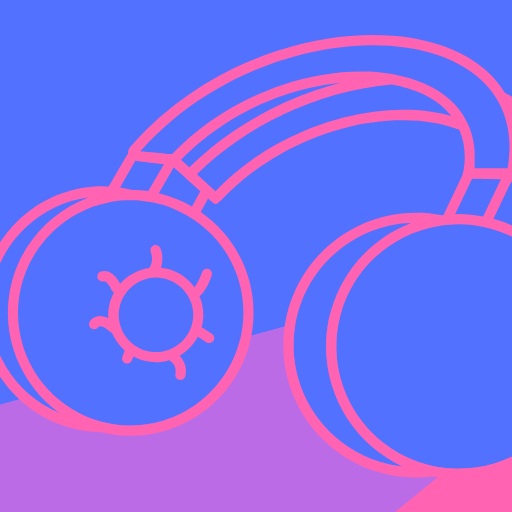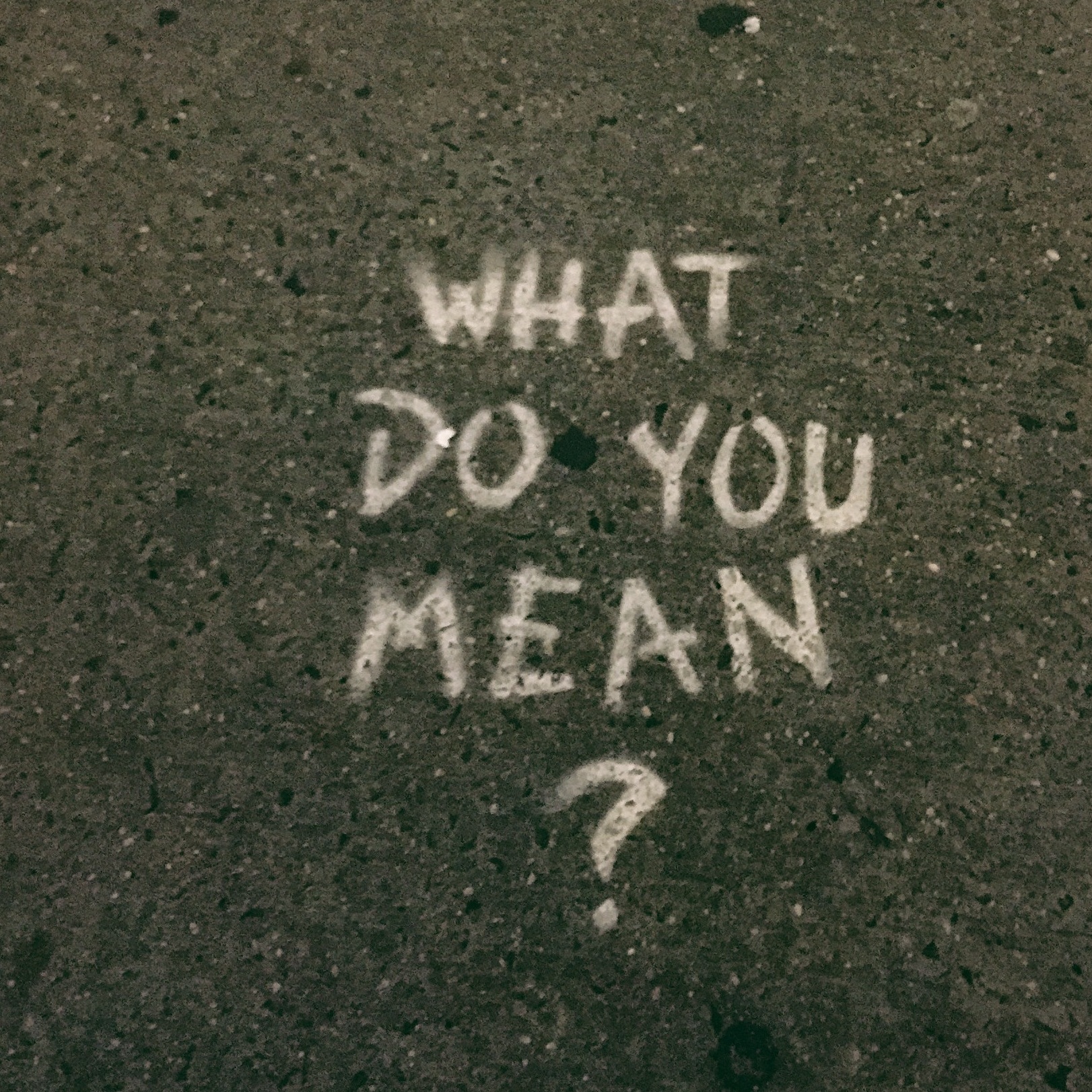How To Interview A Nervous Contributor
If you knew that in six months time you were going to lose your hearing, what would you listen to? A loved one? A favorite band? Maybe the sound of the ocean? That is the subject of 'Hearing Me,’ a documentary from the BBC World Service for which I recently produced an interview.
This was the experience I was tasked with capturing. I spoke to Neil, who has lived with hearing loss from a young age, and he tells a fascinating story about regaining his hearing for a period of time before suddenly losing it again. By speaking to him at his home on the west coast of Scotland I became aware of a few things. Neil and his wife Eileen made me feel very welcome. Tea AND biscuits - a rare treat, as well as some love from his hearing dog Ginger, truly one of the most sweet dogs out there, who also made the news for 'learning Gaelic' in three weeks.
I also noticed as we sat down to begin the interview that Neil was nervous. He admitted it in the moment and had actually prepared written answers for the questions ahead of time saying: ‘I want to give right answers.’
I’d worked with nervous contributors before, but I’d never had someone ready with a prepared statement like they were announcing something on the steps of power. It made me think about how a recorded conversation can play out depending on how you handle the first few questions with someone who is outside their comfort zone.
Having a good interview technique is important. The ability to sit down with a contributor and get the best out of them is a skill you can take to the bank as an audio producer. The kind of interviewer you are should reflect the style of programme you’re making and how well you’ve been able to read your contributor. There’s plenty of transferable skills when compared to doing vox-pops, but a long form chat requires them to be used in different ways.
If you’re lucky enough to be interviewing a naturally great talker, famous voice or someone who’s played the media game before, your job (theoretically) becomes more straightforward as they’re probably used to interviews. That doesn’t mean you shouldn’t work as hard or do as much preparation, you should. In that scenario, the job of an interviewer becomes to get something better or different out of the guest, by asking the right questions in the best way.
The flip side of the seasoned guest is the new, nervous or vulnerable contributor. Typically speaking on a serious or sensitive topic. This kind of discussion is not exclusive too, but generally found in documentaries, and news. In that scenario, the interviewer has to adapt how they conduct the interview to make the interviewee feel as comfortable as possible. If they’re the kind of person who is quiet or anxious, that only gets worse in under the added pressure of a microphone.
That said, if a person with anxiety or nerves agrees to speak to you they’ve already cleared a hurdle, so always be aware and respectful of that. Give them time, advice and a relaxed atmosphere. If you look stressed about a deadline your contributor will sense this and could assume it's their fault.
I’ve found that there’s little you can say to someone who’s nervous that will actually make them more relaxed. So creating a rapport with light easy conversation and even breaking the tension with a joke (if appropriate) are good first steps in getting a more relaxed and open chat.
Yes, Neil was nervous and wrote down his responses because he ‘wanted to give the right answers,’ but once he got into a flow and I reminded him that it was his story, he couldn’t give a wrong answer. He couldn’t have been better. He told a compelling, heartfelt tale that I highly recommend you listen to.
I put a call out on twitter to see what other journos and producers thought (this lot are good)












What day is it? Who are you?